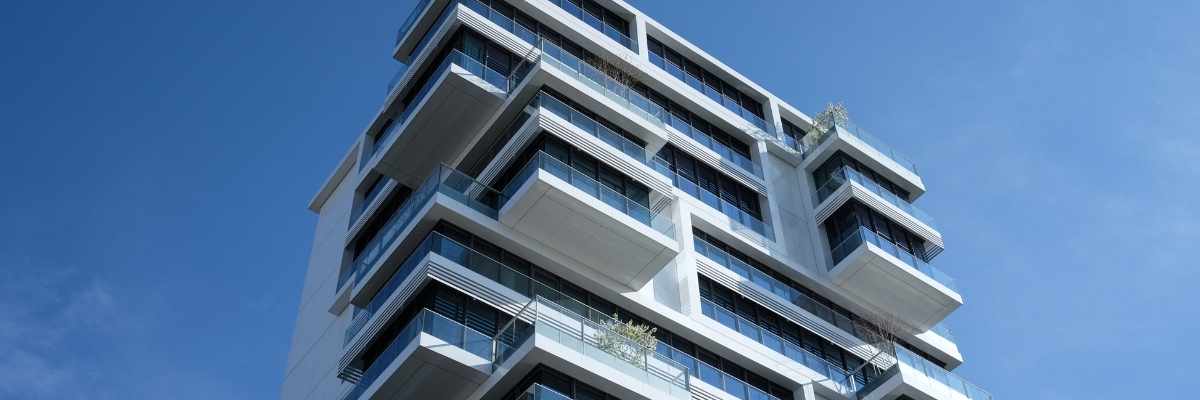
From 1 October, the gas bills of communities of property owners with a central boiler will be subject to a VAT rate of 5% compared to the 21% applicable until now. This has been made possible thanks to the insistence of property administrators, who have been calling for some time for measures to help families with their energy bills in the face of exorbitant price rises.
Nevertheless, this is only a partial victory. Property administrators are also calling for communities of property owners to be able to benefit from the regulated tariff and enjoy the same prices as private individuals.
Read on to find out why it isn’t possible for communities with a central boiler to benefit from the same tariff as a private individual and how this negatively affects your community.
Índice de contenidos
Regulated tariff vs. free market tariff
There are currently two types of tariffs on the market, the regulated tariff and the free market tariff.
Regulated tariff
This is a tariff designed to protect the small consumer. It involves paying a fixed price based on a tariff regulated by the government. This tariff is renewed quarterly with a maximum increase of 15%.
Small consumers with consumption up to 50,000 kWh are eligible for this tariff and it is currently the most cost-effective.
The free market tariff
The free market tariff is variable and depends on the contract signed by the gas suppliers with consumers. It depends entirely on the price of gas at any given moment and this makes it the least advisable option at present.
This tariff would apply for industrial operations that consume over 50,000 kWh.
The problem is that it is consumption that determines whether a community can benefit from one tariff or another. Communal boilers that distribute heat to homes consume large quantities of gas, so they are subject to the same tariff as industrial operations and are therefore not eligible for the regulated tariff, which can result in payments of up to five times as much.
Individual meters aren’t helpful
Since 2020, communities have been obliged to install individual meters in homes with central heating. These meters, which can’t be installed in all communities, are used to allocate costs according to the use made by each property and therefore calculate the cost for each household. This doesn’t solve the problem, however, since the central boiler’s system is consulted for consumption purposes.
Consequences of the rise in gas prices for communities
Increase in community fees
Many communities have had to increase their budgets due to this increase in energy costs. It’s estimated that the cost will lead to an increase in community fees by 20, 30, or 40% and the communities that have a very tight budget will find themselves facing a lot of problems.
Increase in non-payment
Many families can no longer afford to pay the community costs, so the rest of the property owners will have to assume the part of the community fees that some of their neighbours are unable to pay.
More charges
The threat is greater in the north of Spain, where central heating costs will skyrocket.